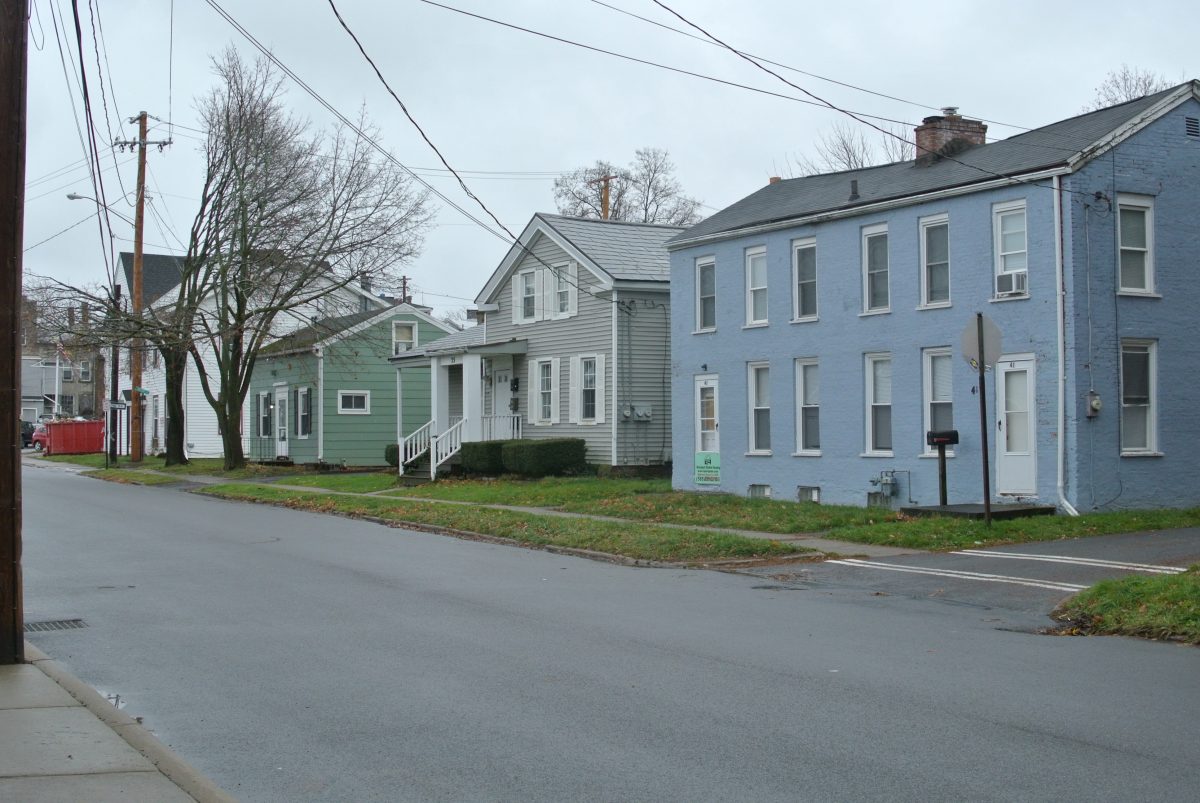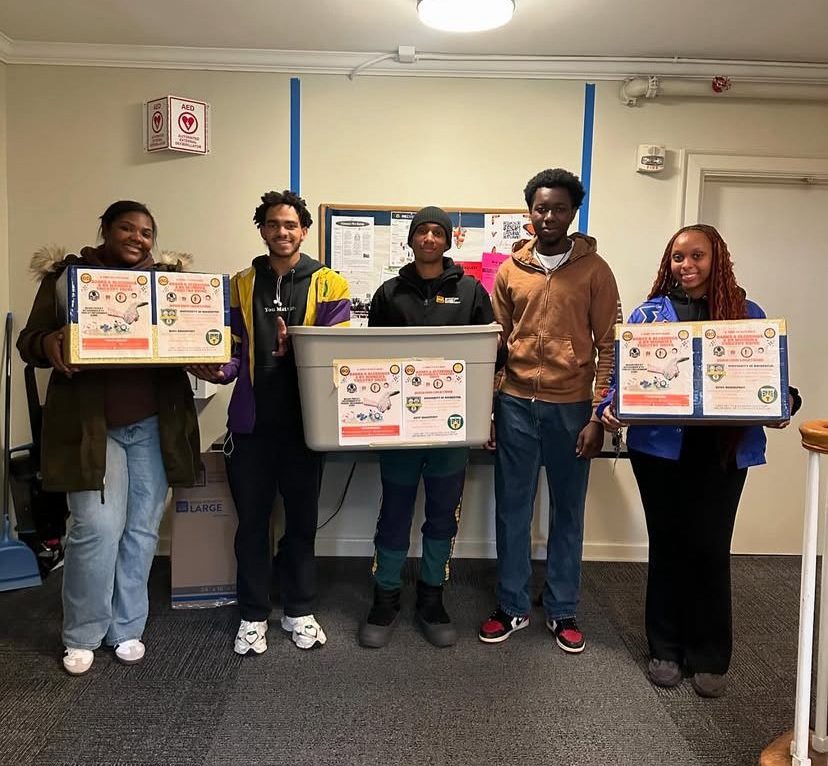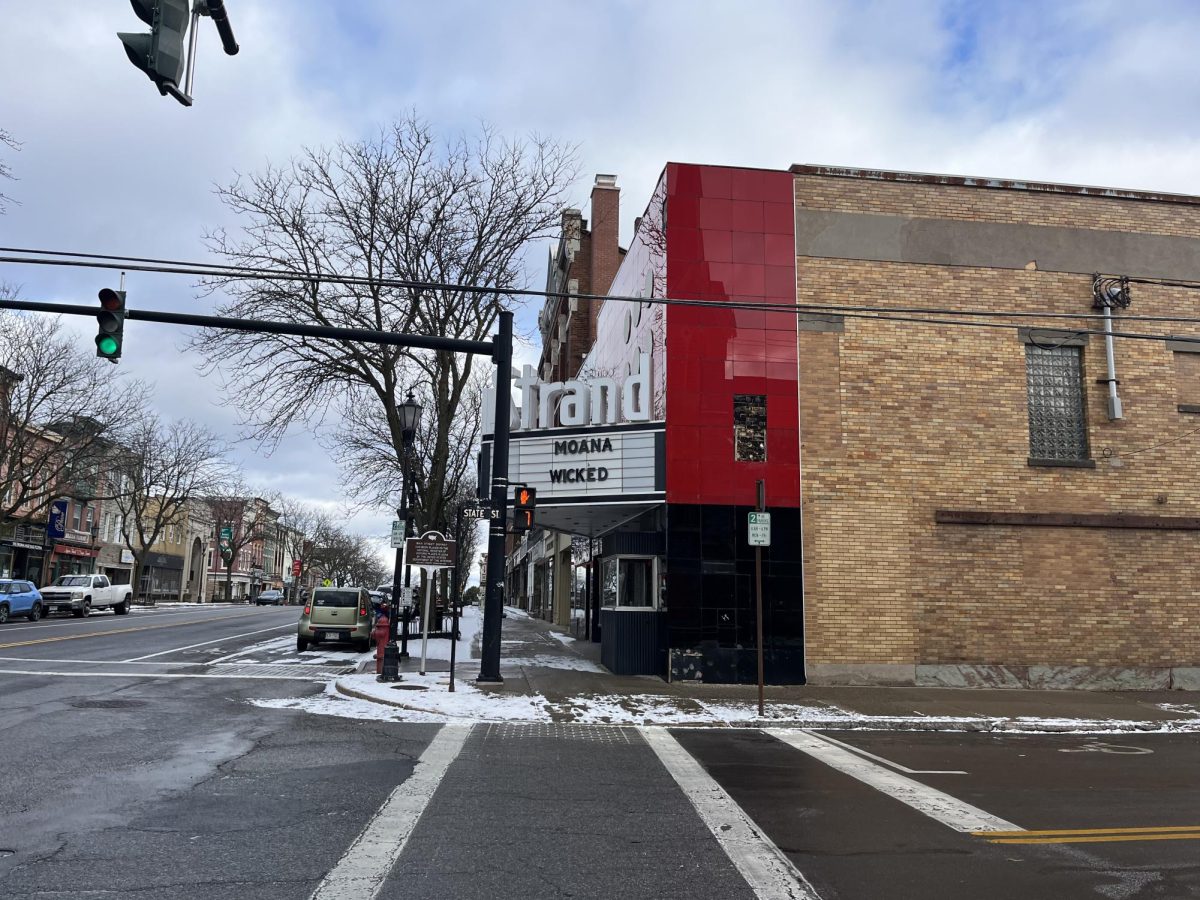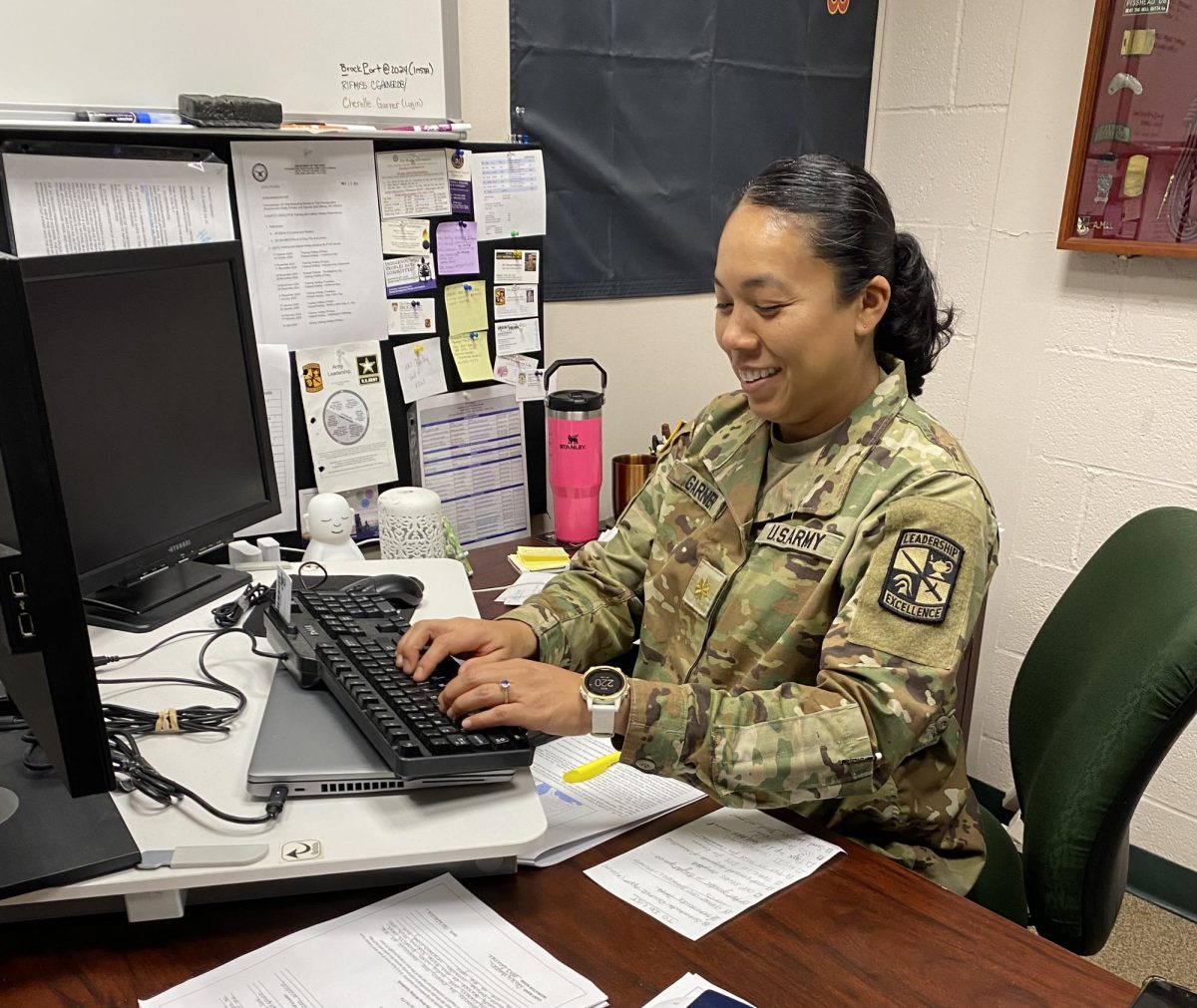BROCKPORT, NY–The novel coronavirus prompted an unprecedented public health crisis that forced classes online, kept people at home and caused some states to set a limit on how many people could attend Thanksgiving dinner.
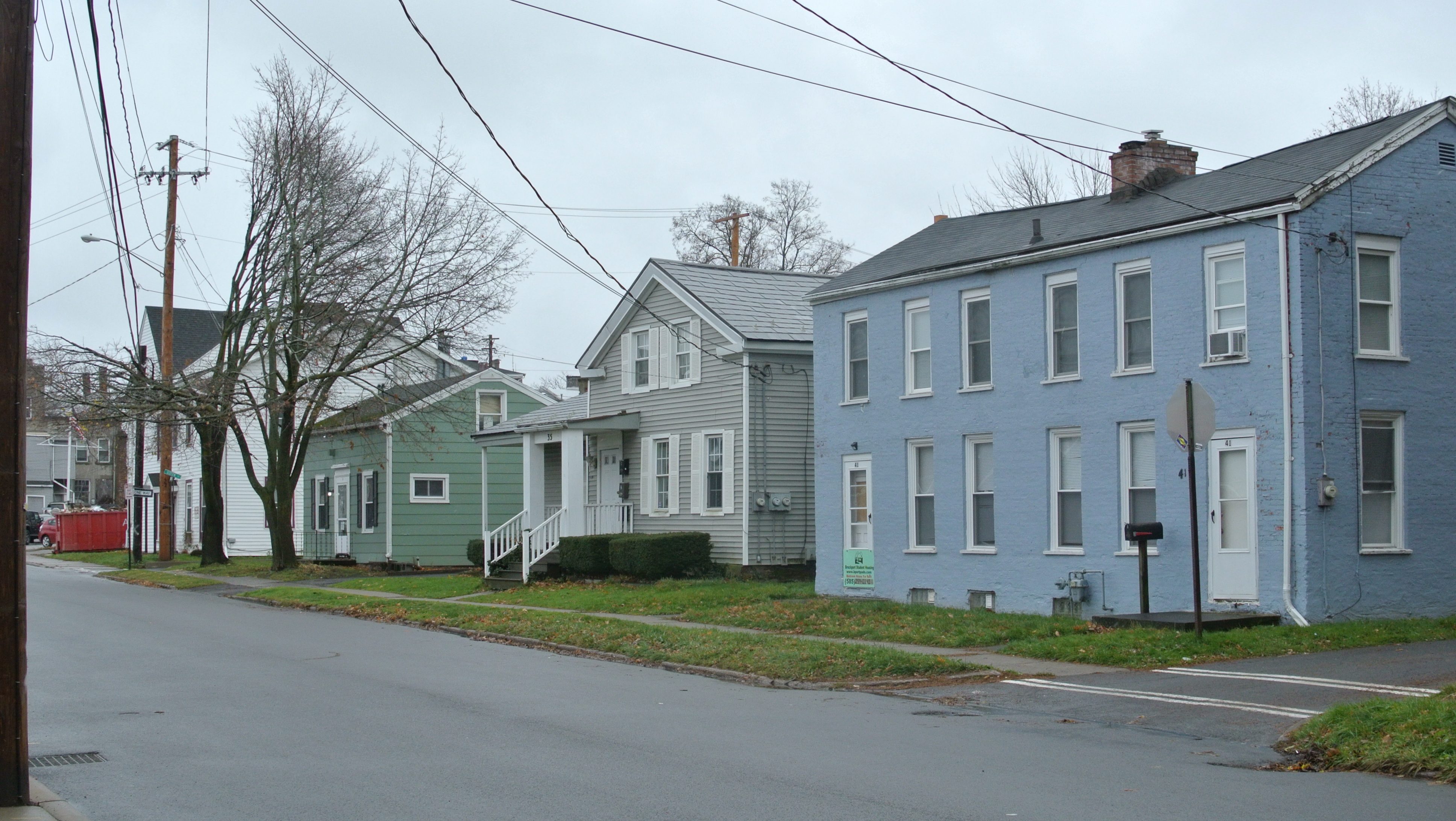
When the COVID-19 virus entered the United States and began to spread in March, colleges sought to continue their classes online in an effort to combat the spread of the virus. In the fall semester, many classes continued to meet online although some were able to meet in-person under new social-distancing guidelines and the condition that they regularly conduct pool tests to ensure that the coronavirus was not spreading.
According to The New York Times case count, we are seeing over 150,000 new cases per day nationally. If this trend continues then most classes may remain online.
This situation has left some students wondering why they should return to campus or off-campus apartments if they only need an internet connection to attend classes. This was the case for Sarah and Sean Killip, two students at SUNY Brockport who had to weigh their options before moving to Brockport for the Fall 2020 semester.
“We didn’t even know if we wanted to come back because of COVID-19,” said Sarah Killip. “We had to think about it because we were coming back to school that’s not even in-person, for the most part, the Crossings Apartments made it easier by allowing rent forgiveness if school shuts down.”
The rent forgiveness offered by the Crossings Apartments played a role in convincing Killip to move by guaranteeing that if the college were to shutdown then the remaining months on the lease would not be charged.
This is just one example of the changes that landlords have had to make in order to attract business during this pandemic. This pandemic has been impactful for Monroe County landlord Jacob Calabria who leases apartments outside Rochester and in Brockport.
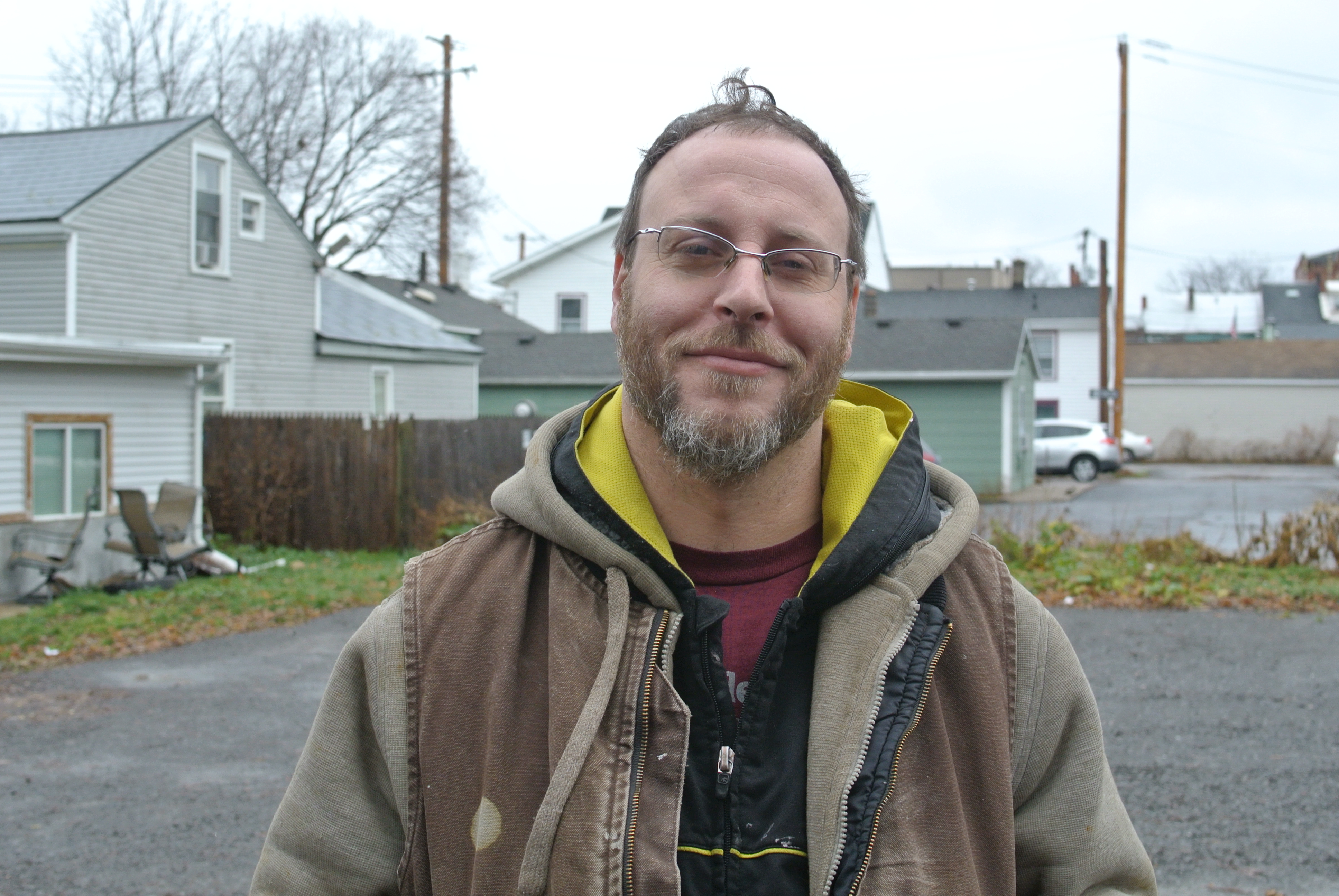
“I’ve seen less traffic for the fall semester in general, but especially for student housing,” said Calabria. “Not as many big groups because there aren’t as many people ready to commit with things up in the air like this, I still haven’t seen a rise for the upcoming fall semester.”
With the advent of the coronavirus some high population areas saw a draining effect on their population. This could be seen in Manhattan, where back in September the number of vacant apartments was just under 16,000, roughly 10,000 more than a year prior. In order to survive in this COVID environment renters may need to adapt.
“I lowered prices on some buildings to help fill them,” said Calabria, “I might have to change my marketing tactics to fill more.”
Apartment owners across the State have had to lower prices as well, with prices falling at ranges of five to twenty percent. A price drop was just enough to convince renter Casey Deliberto to move from Albany to Brockport.
“I moved to knock about 200 dollars off my rent,” said Deliberto. “But it wasn’t all sunshine and rainbows.”

Deliberto had attended a gathering one week prior where someone tested positive for the coronavirus. Due to his new location’s proximity to someone in the high-risk category for COVID-19, both the landlord and neighbor asked that he take a precautionary test before moving in.
“I had to sit and do nothing for about a week, waiting for my results, which was upsetting because I had already paid full rent, but I’m glad I wasn’t spreading the virus to anyone,” said Deliberto.
The pandemic has ushered in great uncertainty and strife for landlords, renters and even college students, but through the fog we can see people’s resolve in their courage to improvise, adapt and overcome no matter what obstacles may block their path.
—



















